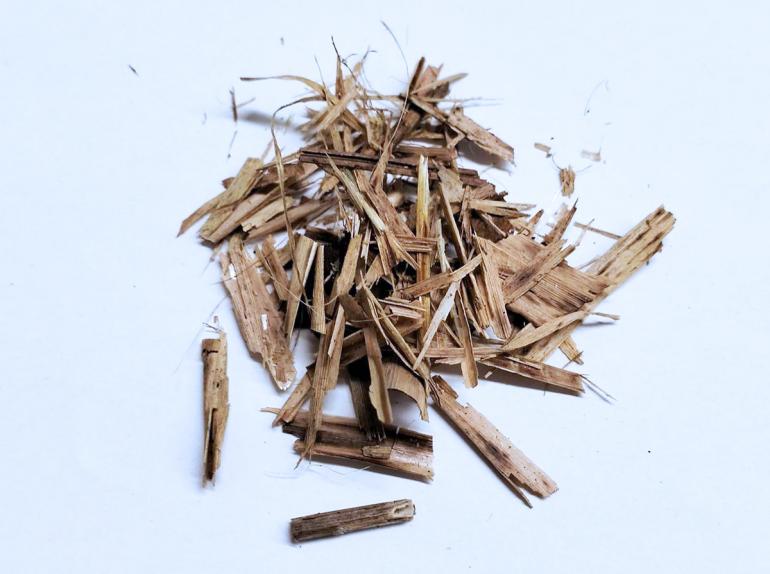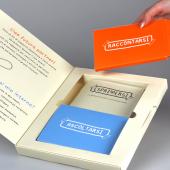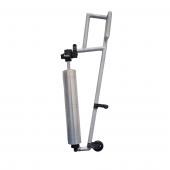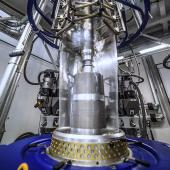Sustainable packaging from peatland plants
With PALUDI project, promoted by researchers at Fraunhofer Institute for Process Engineering and Packaging IVV Freising and Dresden, paludicultures become an alternative bio-based raw material for paper packaging.

Paludicultures such as peat moss, reed and reed canary grass are already used as construction materials, animal feed and foodstuff and now. Moreover, thanks to their low lignin content, peatland plants could also be an attractive alternative to wood as a raw material source for sustainable paper packaging.
Through the PALUDI project, researchers at the Fraunhofer Institute for Process Engineering and Packaging IVV have already demonstrated in feasibility tests that peatland plants have great potential for the manufacture of folding boxes, trays and similar items. The project runs within the scope of the Fraunhofer Biogenic Value Creation and Smart Farming initiative, supported by the German Federal Ministry of Education and Research (BMBF), the Bavarian Ministry of Economic Affairs, Regional Development and Energy, and the Ministry of Science, Culture, Federal and European Affairs of Mecklenburg-Vorpommern.
The lower the lignin content, the lower the use of chemicals
Compared to wood, reeds and similar plants are characterized by a low lignin content, allowing the use of fewer chemicals during the pulping of plant fibers to reach a sufficiently high-quality fiber needed for packaging applications. This was the result of the chemical characterization of paludicultures from the Freisinger Moos fen region. Depending on the plant, the researchers achieved a lignin content of between 20 and 23 percent. The harvested material had a lignin content of 25 or 15 percent lower compared to soft- and hardwood.
Innovative and sustainable packaging for the non-food sector
With fiber-molding and deep-drawing processes, the researchers were able to produce sturdy paper jars and trays from reed fibers without using additives. They had developed a laboratory plant specifically for the production of these packaging demonstrators.
“Peatland plants have a great potential for manufacturing innovative, bio-based packaging, as we were able to show with our successful development of resource-friendly processes for pulp production. The environmental aspect is very important to us — we support the preservation of our peatlands by rewetting agricultural lands and using them for paludicultures, for example,” says Fabian Kayatz, who heads the project at Fraunhofer IVV.
However, additional optimization processes are necessary to move production to an industrial scale and designing consumer-accepted packaging for consumer goods requires further properties optimization steps, for example, regarding to sensory perception or the coating of the material. Initially, there are plans to manufacture packaging for the non-food sector such as cosmetics, logistics and office materials.

















